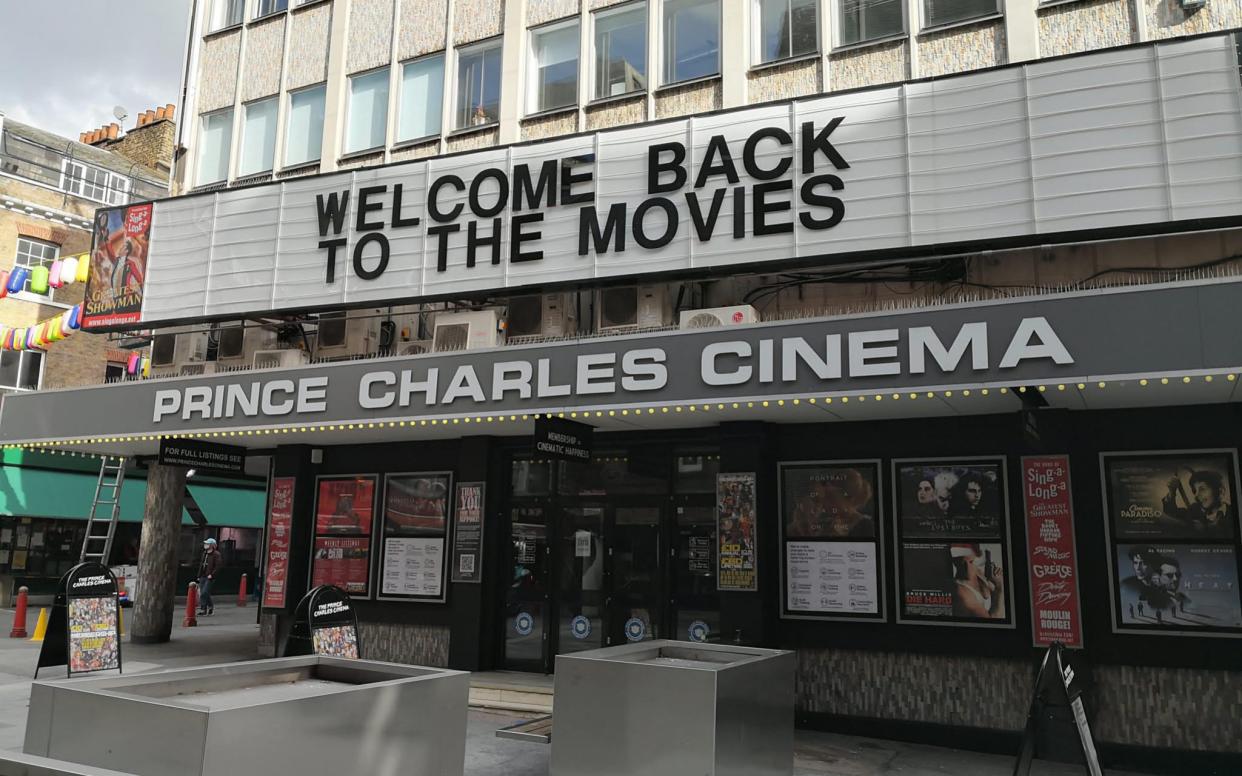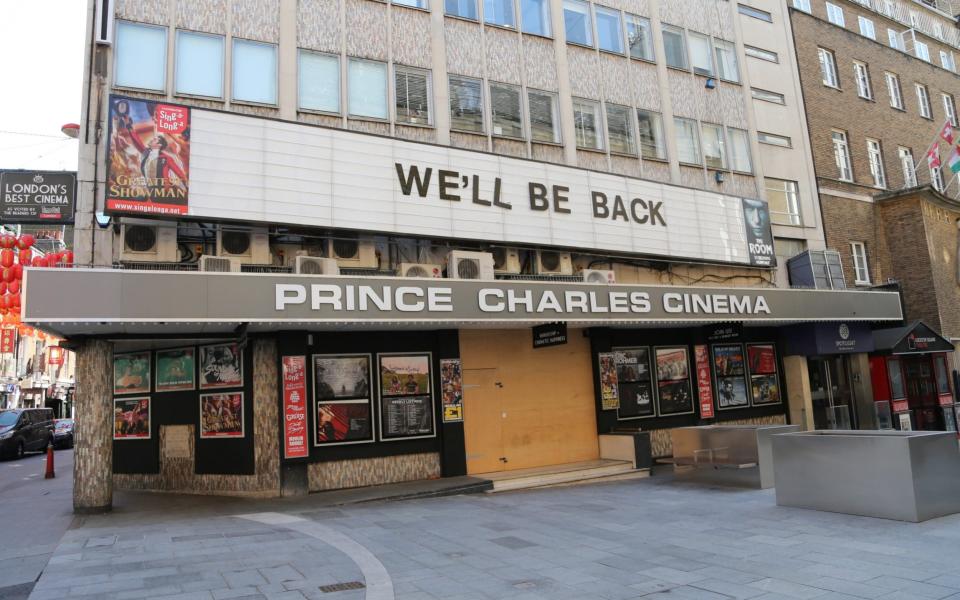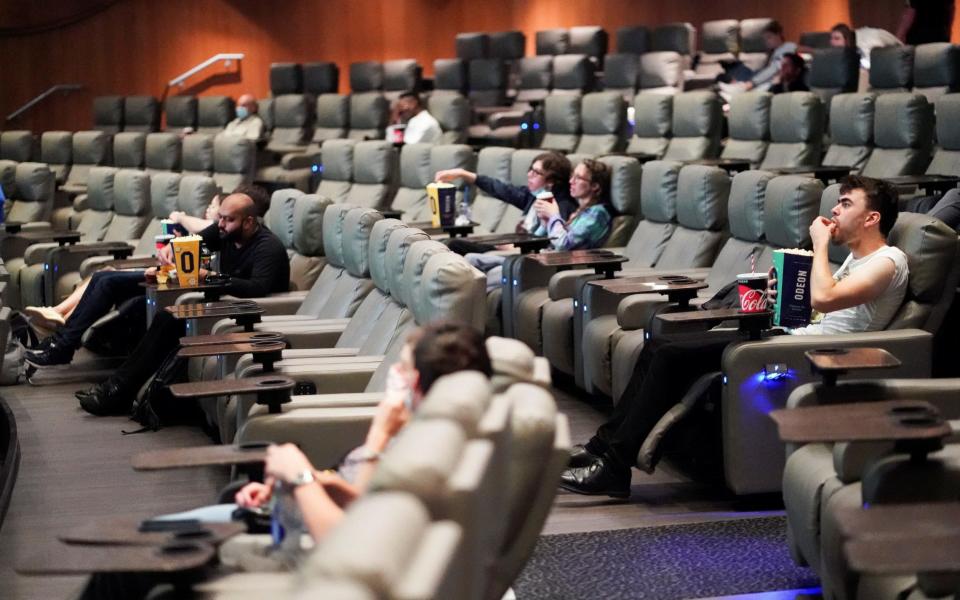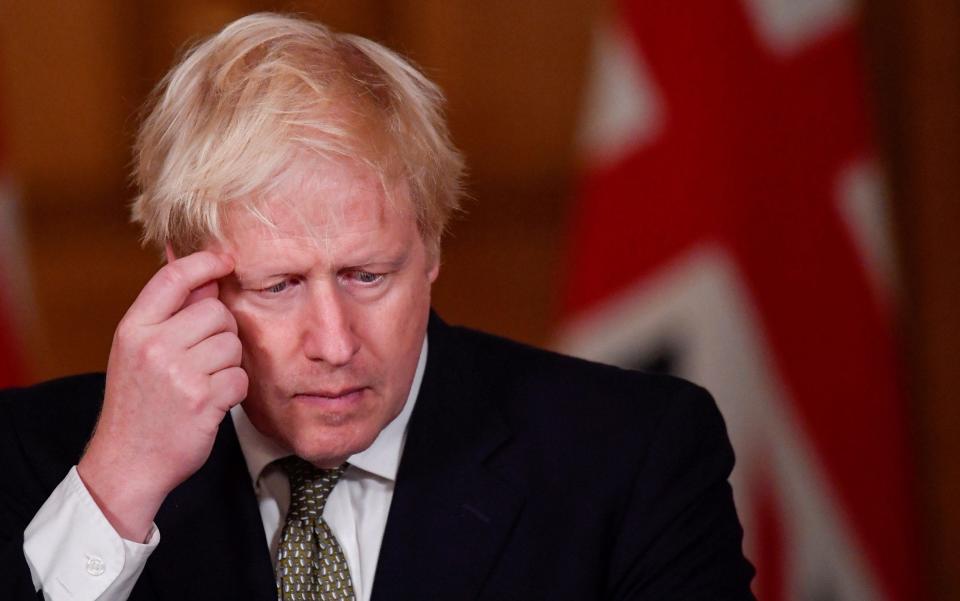Die-hard fans and Covid-killing machines: how one indie cinema is surviving

When Ben Freedman closed the Prince Charles Cinema on March 18, he thought that it might stay shut for a year. Given the speed of Covid-19’s onslaught, he bolted his doors four days before the Government ordered cinemas to do so, and proceeded on the assumption that the situation might extend into 2021.
Speaking on the phone, I suggest that this was a more realistic outlook than many cinema operators in Britain showed. “Yeah,” he laughs. “I don’t know if it’s that I’m married to a lawyer. You learn to think the worst.”
The Prince Charles, the only independent cinema in London’s West End, is notoriously unflappable. The building began life as a theatre in the 1960s, enjoyed a brief time as an adult (read: pornographic) cinema in the 1970s, then became a mainstream one in the 1980s before, in 1990, being bought by theatre producer Ben Freedman and his entrepreneur son, Ben.
It quickly became a cineaste’s nirvana, a snobbery-free cult haven showing second-run films, arthouse classics, all-night movie marathons and audience participation extravaganzas, from The Rocky Horror Picture Show to Sing-a-Long-a Sound Of Music. It is, according to Quentin Tarantino, “everything an independent movie theatre should be”.
“The joy of the cinema is that we’ll basically show any film that’s legal and will fill the place,” Freedman explains. “And we just wanted to keep that alive and have a bit of fun at a time when everything was a bit miserable.”
When he closed the doors in March, he tried to take a measured approach to the future. The cinema had financial reserves, and prioritised its staff, not only determined to avoid redundancies but keeping them on full pay. A couple of weeks later, the Government’s furlough scheme made that easier, and the building’s landlord agreed to reducing the rent by half.

Freedman and co took a cautious approach. Other cinemas re-opened in July, but it wasn’t until early August that the Prince Charles announced its plans to unlock the doors – in mid-October. “We wanted to wait and see what would happen,” Freedman says, “both in terms of the public – whether there was an appetite to go to the cinema – and what other cinemas were doing.
“Then we started to put tickets on sale, and we said to our audience that what we needed, if they wanted to support us, was for them to buy. And it has been great: people have bought tickets, we’ve built up a good advance.”
The cinema, once well-packed and rowdy during its participatory shows, is now very different. As well as a compulsory face-mask policy and hand-sanitisers throughout the building, every other row has been removed, and there’s a two-seat gap between customers. This has reduced the capacity of the main screen from 300 seats to 60, and the smaller one from 104 to 26.
“But the one thing we did,” Freedman adds, “which I think is slightly different than most cinemas, is buy five Rensair machines which kill coronavirus germs with ultraviolet light.” These are present in both auditoria and, in the cinema’s typically idiosyncratic style, have been given names. “There’s Mr Wolf, from Pulp Fiction, because he cleans everybody up. We have Mary Poppins, R2-D2…”
Such antics have kept the cinema’s spirits up, as well as that of its audience. With a drastically reduced capacity, the atmosphere is naturally different, Freedman says. He went to the opening night a few days ago himself, as a customer. (He saw Mogul Mowgli, Riz Ahmed’s new drama, as part of London Film Festival.) “Usually, everyone always coughs, and it’s really annoying,” he says. “But there wasn’t one cough during the film.
“The pace is slower. But there was almost a reverence among the people who came. It was like an old friend. We played lots of ABBA on Tuesday night [between shows], because we needed it.”

The Prince Charles’s programme is more or less full until the end of the year. By its nature, the cinema is less reliant on Hollywood, not screening the big blockbusters, so it has avoided the fate of chains like Cineworld and Picturehouse, who – after that July opening – have been forced to close again.
But it’s going to be tough. “We can’t make any money with social distancing,” says Freedman. “We can’t make a profit. The best we can possibly hope for is to break even. By being very careful, we think, with a really fair wind, we could break even – or at least lose less money than if we were shut.
“Our aim was to not make anyone redundant, and that’s still our aim until we come out at the other end. Now, if the other end is two years away, that might be more complicated.”
But London’s move into Tier 2 this weekend doesn’t unduly disturb him; even the looming threat of Tier 3 isn’t a source of panic. “You can’t do anything about it,” Freedman chuckles. “We can only control what we can control. If the Government says we have to shut, that’s life. I could make myself crazy worrying about these tiers, but we just have to wait and see.”

If he were in charge, Freedman would try to communicate more effectively than the Government has. “I think they blamed a generation of people, which is not fair. It’s not that I think there’s a solution, but it’s the way they’ve dealt with [the virus].
“Arguably, the solution is that we have to learn to live with it. And we have to do that by respecting everybody, rather than dissing people.”
For now, he’s just happy to be operating a functioning Prince Charles again, heartened by the audience’s response. “There was the fear of being forgotten, with [the pandemic] having gone on for that long, of people not wanting to go out, and only watching Netflix. So the response is great.
“It’s going to be a long winter, with all sorts of problems. But we’ll come through it together. We’ll be financially a bit poorer – but the aim is to come out of it emotionally richer.”

